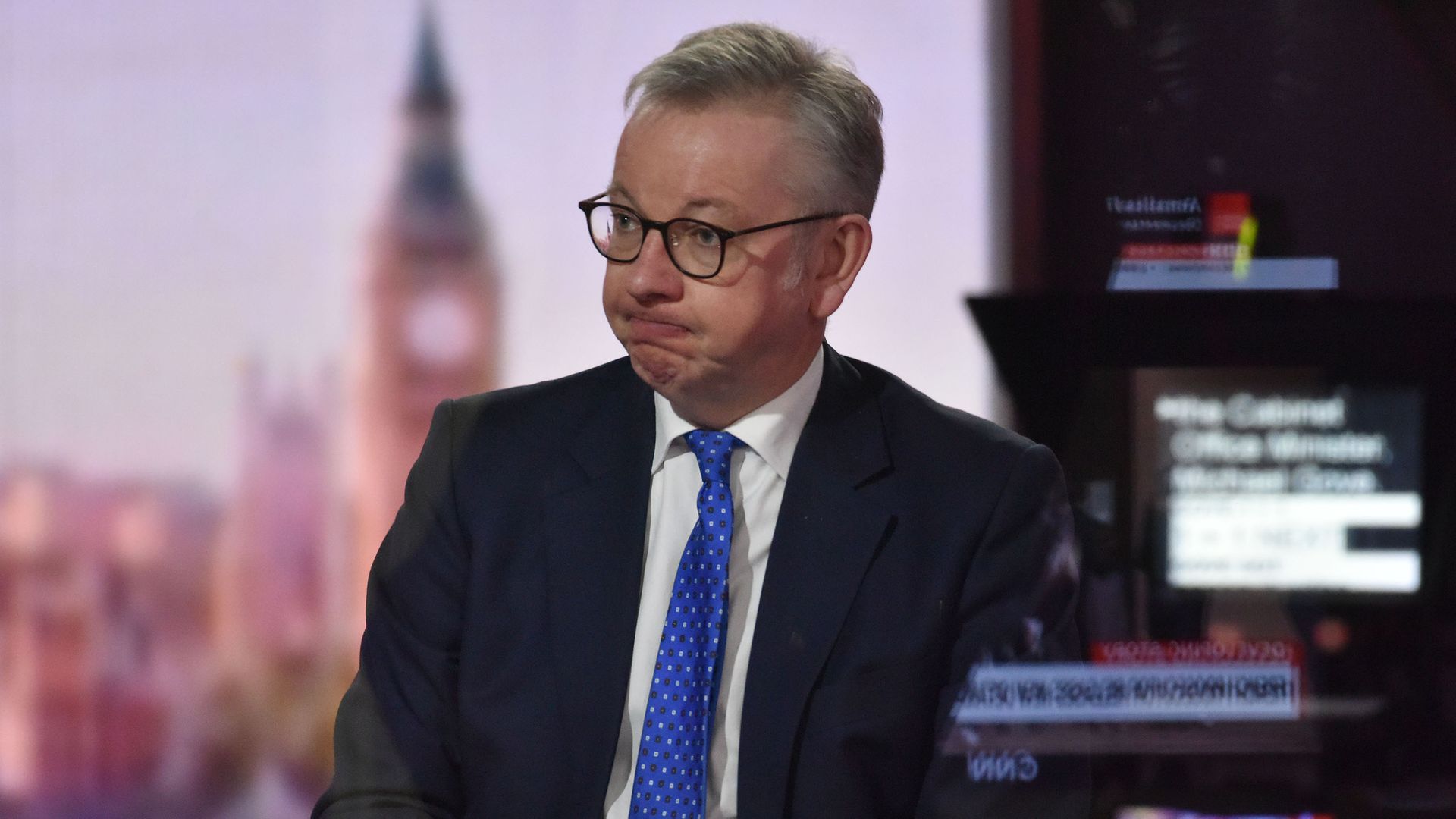
A senior government minister has told the SNP it cannot expect a second referendum to be approved after failing to secure a majority in the Scottish Parliament elections.
The SNP fell one seat short of an overall majority during the Super Thursday elections, securing 64 seats in Holyrood.
However, the final result still means that voters elected a pro-independence majority to the Scottish Parliament after the Greens signalled support for a second vote.
But Cabinet Office minister Michael Gove said first minister Nicola Sturgeon’s party’s failure to recapture the dizzy heights of 2011, when her now rival Alex Salmond won a healthy 69-seat majority in Edinburgh, indicated there was not a fervour among the public for another independence poll.
Gove instead urged the SNP leader to “concentrate on recovery” from the coronavirus pandemic, following the prime minister’s invitation for her and other devolved leaders to contribute to economic revival plans.
The Chancellor of the Duchy of Lancaster told the BBC’s Andrew Marr Show that “a majority of people who voted in the constituencies voted for parties that were opposed to a referendum” and Sturgeon “didn’t secure a majority as Alex Salmond did in 2011″.
“That is a significant difference,” Gove said.
“Alex Salmond, when he requested a referendum, every party in the Scottish Parliament agreed that it was appropriate to have a referendum given that he had secured a majority.
“It is not the case now – as we see – that the people of Scotland are agitating for a referendum.”
Sturgeon said the UK government was showing a “lack of respect” for Scottish democracy in threatening to stand in the way of a follow-up to 2014’s rejected independence vote.
She told Marr: “In this election they have voted overwhelmingly for the SNP and we stood on a manifesto commitment to firstly… continue to steer the country through the Covid pandemic.
“But after the crisis to give the people of Scotland the opportunity to choose our own future in a referendum.
“The fact that we are sitting here having a debate about whether or not that outcome is going to be respected says a lot about the lack of respect for Scottish democracy that this UK government has demonstrated for quite some time now.”
The row comes after the PM invited Sturgeon for crisis talks on the Union, calling for proposals from devolved leaders on how to recover from the pandemic.
In his invitation letter to Sturgeon, which she has accepted following her re-election, Boris Johnson argued the UK was “best served when we work together”.
He added: “We will all have our own perspectives and ideas – and we will not always agree – but I am confident that by learning from each other we will be able to build back better, in the interests of the people we serve.”
Gove looked to skirt suggestions that Westminster ministers could intervene via the Supreme Court to block legislation from the Scottish Parliament that attempts to engineer a second independence referendum, saying: “We’re not going near there.”
Sturgeon, who said she “wouldn’t rule out” putting legislation for a referendum before MSPs early next year, claimed a battle in the courts would be “absurd and completely outrageous”.
Warning: Illegal string offset 'link_id' in /mnt/storage/stage/www/wp-includes/bookmark.php on line 357
Notice: Trying to get property 'link_id' of non-object in /mnt/storage/stage/www/wp-includes/bookmark.php on line 37






